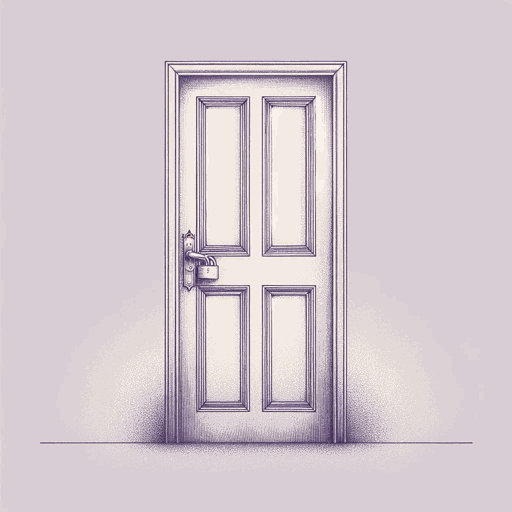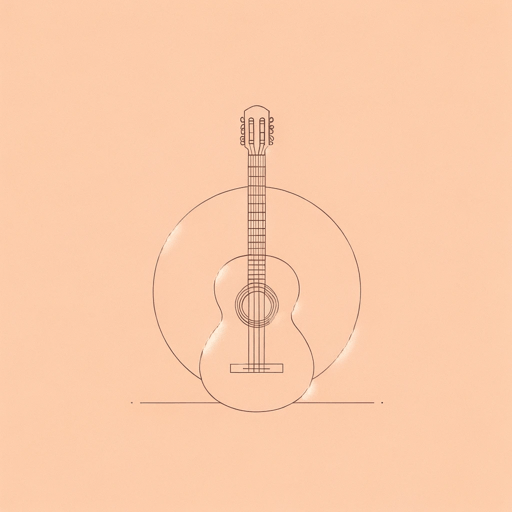70 pages • 2 hours read
Federico García LorcaLa Casa De Bernarda Alba
Fiction | Play | Adult | Published in 1945A modern alternative to SparkNotes and CliffsNotes, SuperSummary offers high-quality Study Guides with detailed chapter summaries and analysis of major themes, characters, and more. For select classroom titles, we also provide Teaching Guides with discussion and quiz questions to prompt student engagement.
Themes
Sexual Repression
Perhaps the most readily apparent theme Lorca explores through this story is that of the sexual repression of his contemporaries, especially women. As Amelia woefully declares in Act II, “To be born a woman’s the worst possible punishment” (185). From what one can deduce from the double standards of propriety and sexual conduct that Lorca transposes from his society to the fictional one of his play, Amelia’s comment does not read far out of proportion. The expectations placed the people of this village are strict and unyielding; however, they are much more severe for women than men. When La Poncia tells the daughters about the dancer/prostitute who follows the reaper men and sells them her services, she recounts: “Years ago another one of those women came here, and I gave my eldest son some money so he could go. Men need things like that” (185). La Poncia’s story is one example of how the men of the village both have more opportunity and more leniency to transgress against the social expectations of sexual conduct.
Related Titles
By Federico García Lorca




